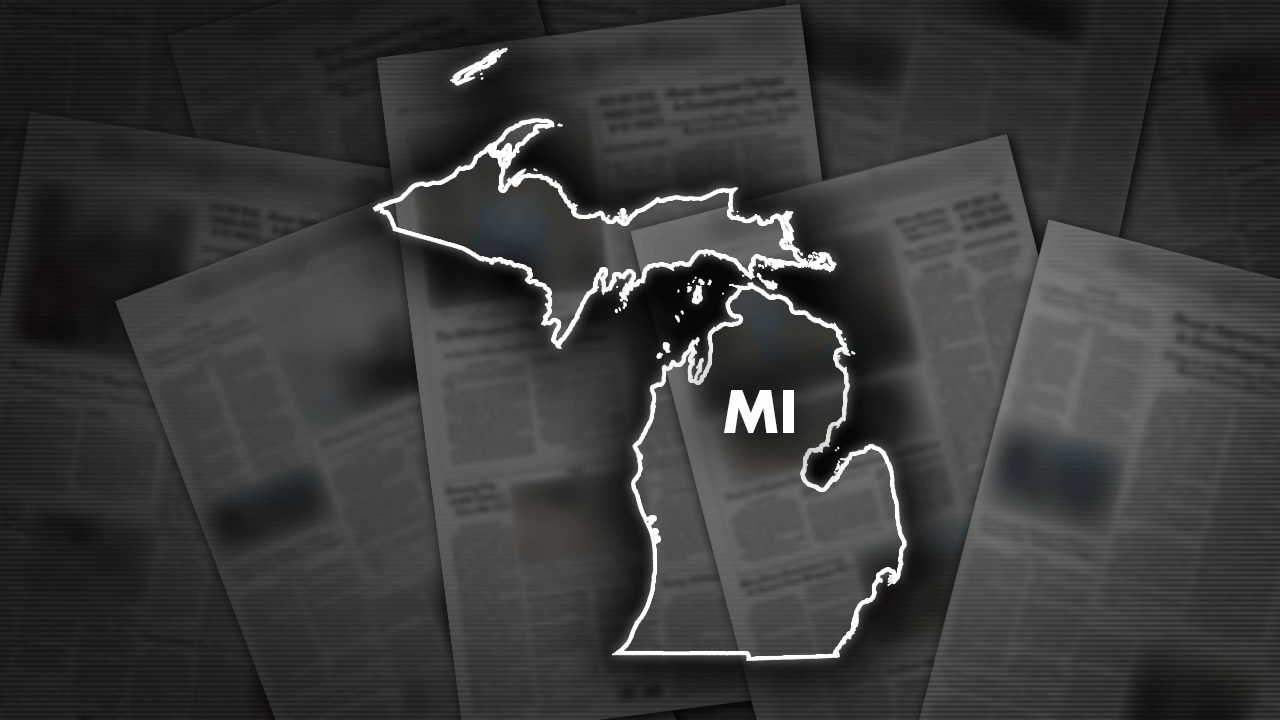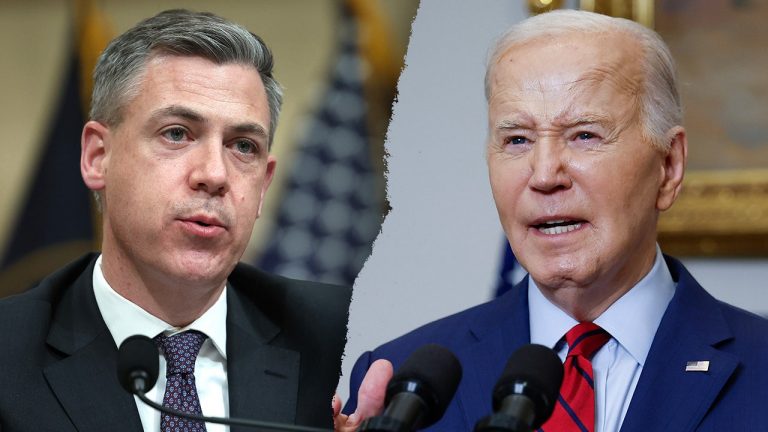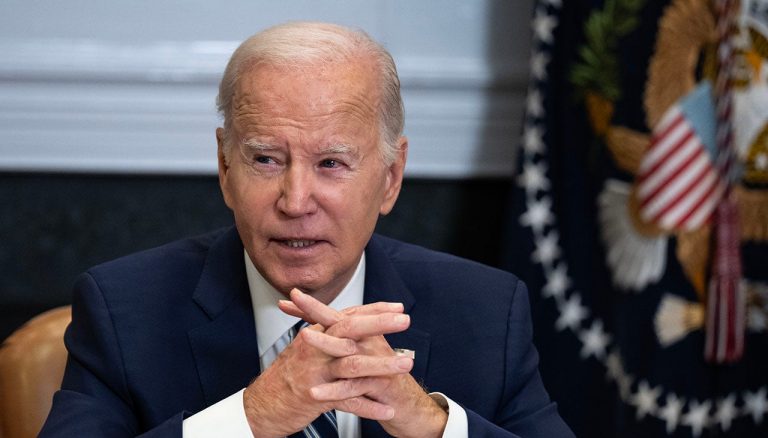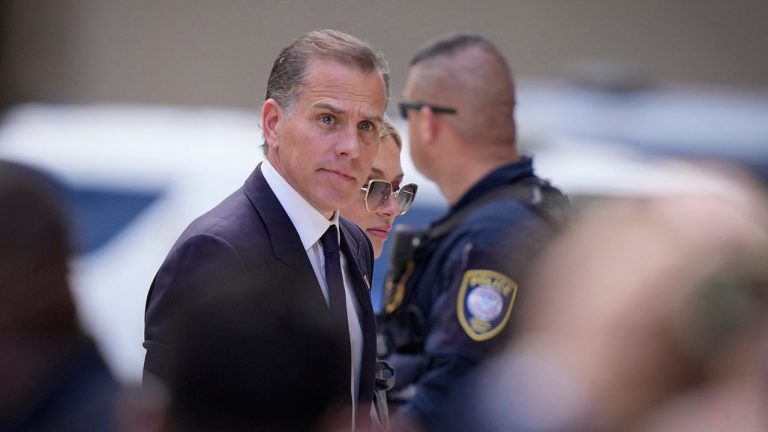Michigan court says no to couple in fight over privacy and drone photos of land
The Michigan Supreme Court recently made a landmark decision in a case involving a local government’s use of a drone to photograph a rural salvage yard without the owner’s permission. This ruling has garnered significant attention from both liberal and conservative groups, as it has far-reaching implications for privacy rights and property regulations.
The dispute at hand revolved around Todd and Heather Maxon, who argued that the aerial photos taken by Long Lake Township infringed upon their right to privacy and protection against unreasonable searches. However, the Supreme Court ultimately sided with the township, stating that the matter was a civil action related to zoning and nuisance ordinances, rather than a criminal case subject to the exclusionary rule.
In a unanimous 7-0 decision, the court emphasized that it was not addressing the broader question of whether the use of aerial drones constitutes an unreasonable search under the US or Michigan Constitutions. Instead, the focus was on the specific circumstances of this case and the township’s need to enforce local regulations regarding property use.
Justice Brian Zahra, writing on behalf of the court, highlighted the importance of the drone footage in helping the township monitor and address potential violations of zoning and nuisance laws on the Maxons’ property. Without this visual evidence, the township would have struggled to ensure compliance with relevant ordinances.
The controversy began when neighbors of the Maxons raised concerns about the accumulation of cars and other items on the heavily wooded parcel, suggesting that the property was being transformed into a salvage yard in violation of a previous settlement. In response to these allegations, Long Lake Township authorized the use of a drone to survey the property in 2017 and 2018, leading to the legal challenge that ultimately reached the Michigan Supreme Court.
Various advocacy groups and organizations weighed in on the case, with the American Civil Liberties Union of Michigan, the Mackinac Center for Public Policy, the Cato Institute, and the Rutherford Institute supporting the Maxons’ privacy rights. On the other side, the Michigan Townships Association and Michigan Municipal League backed the township’s efforts to regulate property use within their jurisdiction.
Overall, the Michigan Supreme Court’s ruling sets an important precedent regarding the use of drones in property disputes and highlights the complex intersection of privacy rights, property regulations, and government oversight. As technology continues to advance, the legal framework surrounding aerial surveillance and privacy protections will likely evolve, with this case serving as a key reference point for future debates and decisions.








